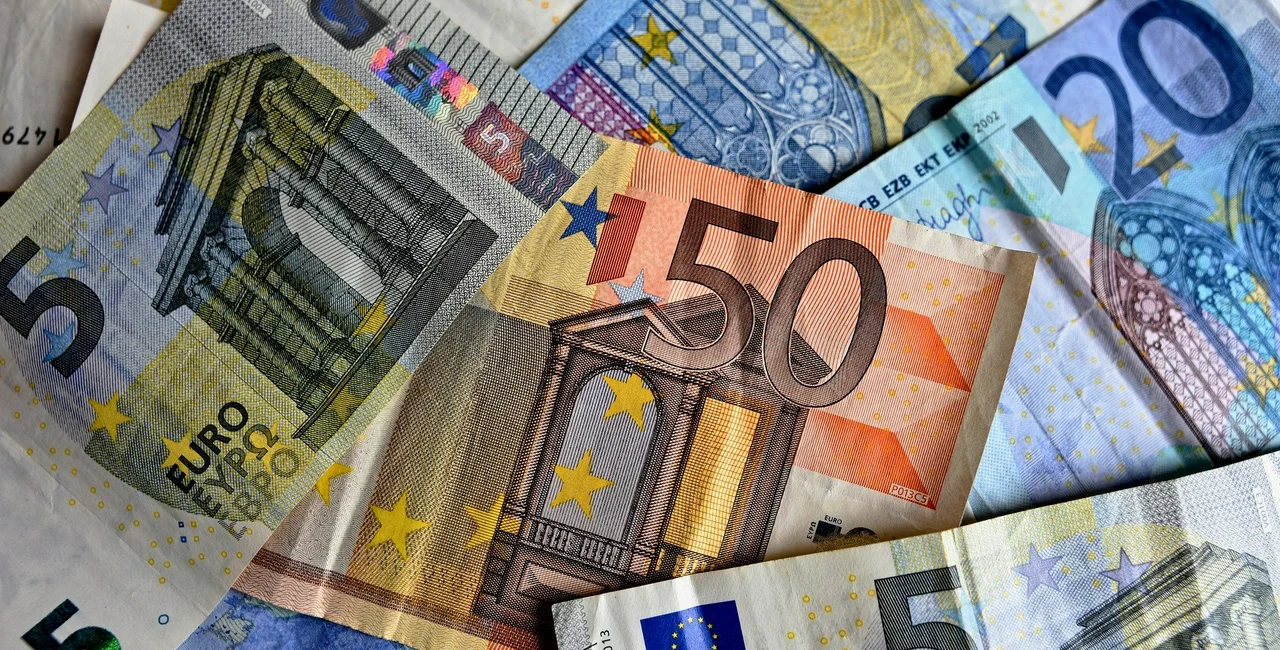The Czech Republic has again decided not to set a date to adopt the euro as its currency. Eventually adopting the euro was one of the conditions for joining the European Union in 2004, but the time frame was left up to the individual countries.
The Czech government approved a joint recommendation by the Czech Finance Ministry and the Czech National Bank (ČNB) that urged not setting a euro adoption target date. The decision is based on an annual assessment of whether the Czech economy meets the Maastricht convergence criteria. Those are the economic indicators that show if the Czech economy is in sync with other countries that use the euro.
The Czech Republic’s economic preparedness for adopting the euro has been assessed regularly since the country joined the EU.
This year, the Czech Republic will most probably only fulfill the Maastricht convergence criteria on long-term interest rates. The criterion on the government financial position and the criterion on price stability will not be fulfilled, according to the ČNB. The last criterion, assessing participation in the exchange rate mechanism, cannot be formally fulfilled, as the Czech Republic does not participate in that.
The Czech Republic’s preparedness to adopt the euro still has its weak points. The government considers the unfinished process of the Czech economy’s real economic convergence to be an obstacle to joining the monetary union. Gaps in most key indicators, the price and wage levels in particular, remain significant, the ČNB said in a press release.
“The Czech economy also continues to differ substantially in structure from the euro area, a factor that would complicate the implementation of the single monetary policy. Given population aging, the issue of long-term sustainability of public finances, whose stabilizing effect should partly make up for the loss of monetary policy autonomy after euro adoption, is also not fully resolved,” the ČNB added.
“By contrast, the high degree of openness of the Czech economy and its close trade and ownership links with the euro area have long spoken in favor of adopting the euro. The relatively stable exchange rate of the Czech crown against the euro even during this year’s deep economic decline, the renewed alignment of the Czech and euro area financial markets, and the resilient banking sector in the Czech Republic can also be assessed as positive,” the ČNB said.
The ČNB added that the euro area’s institutions and rules have changed over recent years, and discussions on deepening European integration are still ongoing. The Czech Republic’s future potential financial and non-financial commitments relating to euro area entry thus cannot be reliably estimated at the moment.
“Given the aforementioned facts, the Czech Government has arrived at a clear conclusion that it will not set a date for the Czech Republic’s entry to the euro area, as sufficient progress has not been made in creating the right conditions for euro adoption,” the ČNB said.
There are currently 19 countries in the euro area, and in 2019 the total population of those countries was 341.9 million. Montenegro and Kosovo also use the euro, but are not formally members of the euro area or the European Union.
Each of the 10 countries that joined the EU on May 1, 2004, are obligated to adopt the euro. Slovenia adopted the euro in 2007, followed by Cyprus and Malta in 2008, Slovakia in 2009, Estonia in 2011, Latvia in 2014 and Lithuania in 2015. Those that have yet to adopt the euro from that group, aside from the Czech Republic, are Poland and Hungary.
Romania, Bulgaria and Croatia, which joined after 2004, also do not yet have the euro.












 Reading time: 3 minutes
Reading time: 3 minutes 






















